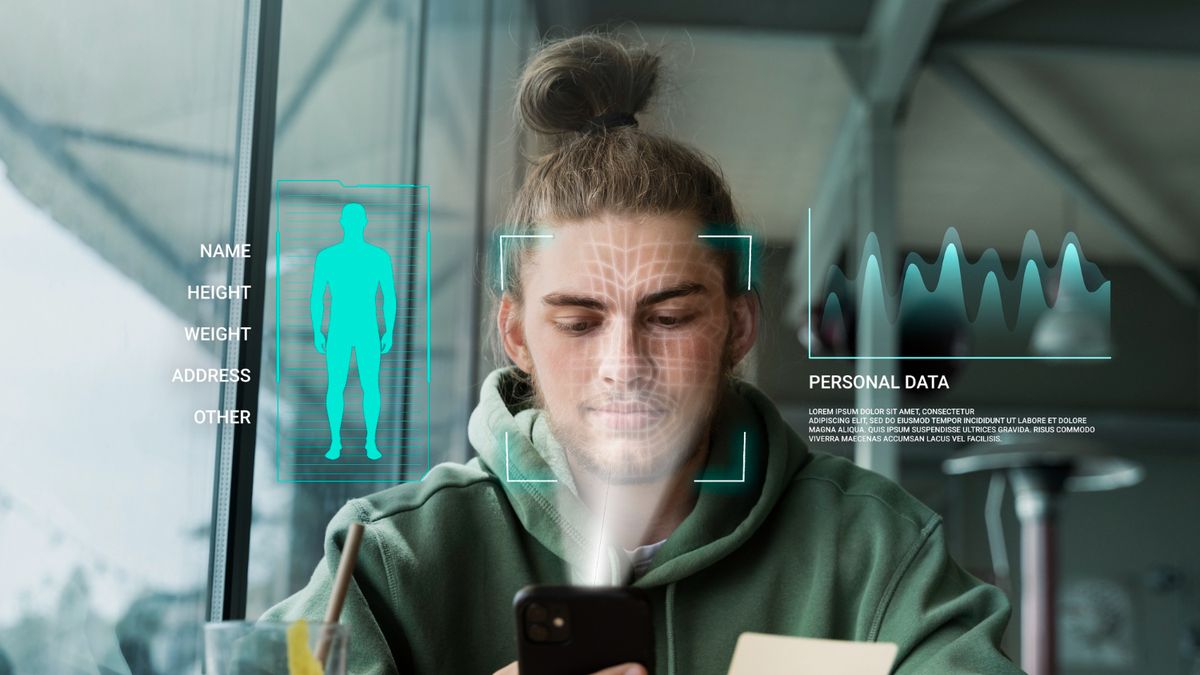Deputy Rodrigo Goñi seeks to prevent the electoral race from being tainted by fake news, as well as misleading audios and videos.
He deputy of the National Party (PN), Rodrigo Goñipresented a bill in the Parliament to combat the calls “deepfakes”an acronym in English used to refer to audios, images or videos generated through editing or through artificial intelligence (AI)which imitate the appearance and characteristic voice of a person.
The content you want to access is exclusive to subscribers.
The legislator seeks to ensure that the electoral campaign is not tainted with misleading advertisements and news, and proposes sentences of one to six years in prison for anyone who generates false videos about politicians or presidential candidates from the different parties.


In an interview with radio Monte Carlo, the nationalist maintained that “the explosion of AI” brought good things, but that, however, some tools “are very risky”, since they allow multimedia files to be falsified with political statements.
Goñi explained that these tools can adulterate images of pre-candidates such as Alvaro Delgado, Carolina Cosse either Yamandu Orsi to make them say “messages and proposals that have nothing to do with reality”, encouraging “misinformation” among society.
“The whole world is addressing legislative projects to sanction deepfakes”
Caring for freedom of expression, Goñi commented that the text does not sanction those who clarify that the file distributed is a falsification through AI. “The whole world is addressing legislative projects to sanction these types of practices,” reflected the deputy on the radio.
As reported by El Observador, the text establishes: “Whoever, without authorization and through the use of artificial intelligence or other computer systems, generates, modifies or manipulates audio or audiovisual content with the intention of falsely presenting the image or voice of a political candidate during an electoral period, with the purpose of damaging his public image or deceiving voters, will be punished with one year in prison to six years in penitentiary.
In March, the nationalist legislator hopes to present another project that aims to protect the neurorights of the Uruguayan citizens given the advancement of implementation technologies, such as the case of Neuralink brain chips.
Source: Ambito




